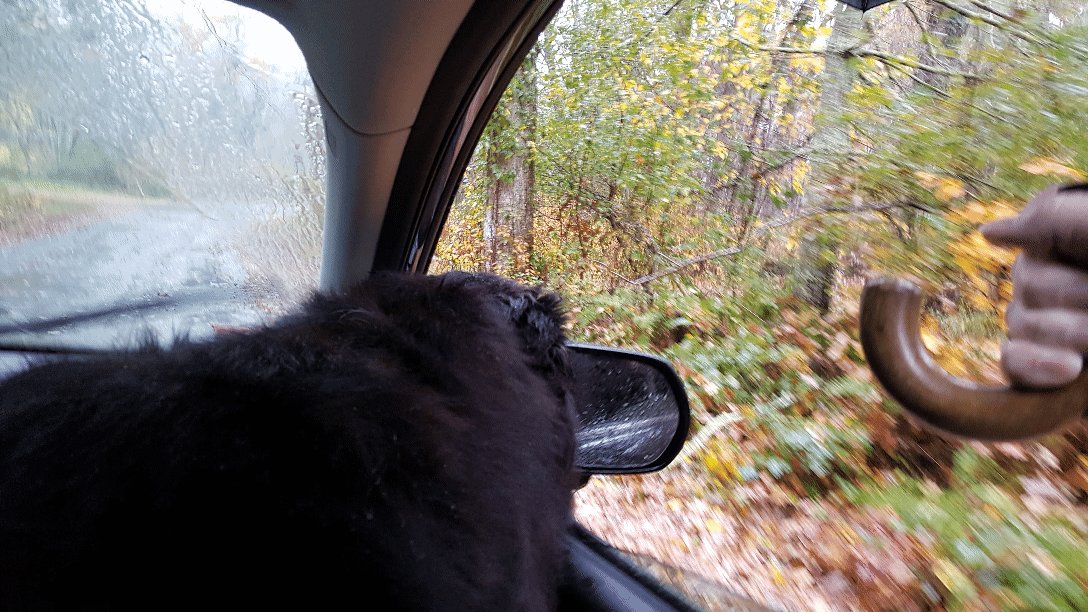Welcome to the Wakefield Doctrine (the theory of clarks, scotts and rogers)
This is the Wakefield Doctrine’s contribution to the Six Sentence Story bloghop.
Denise is the host
The prompt word is:
PRESENT
Time is not the falling of anonymous grains of sand. Time is not the un-human tick of insensate teeth ratcheting down in circular metallic viscera. Time is not the breathless sighing of decorated and divided paper, claiming past hopes and X-ing out failings like overly-sensitive girls and vainglorious boys.
The present is the waist of the hourglass, the future, heard in the metronomic beat of the clock and the past, the greatest of life’s poseurs, leaves an ink-stained trail of written promises and silent disappointments.
It has been truthfully said that time waits for no one. Yet the presence of god lies in its nature, to accompany us until we no longer require its progress report.









